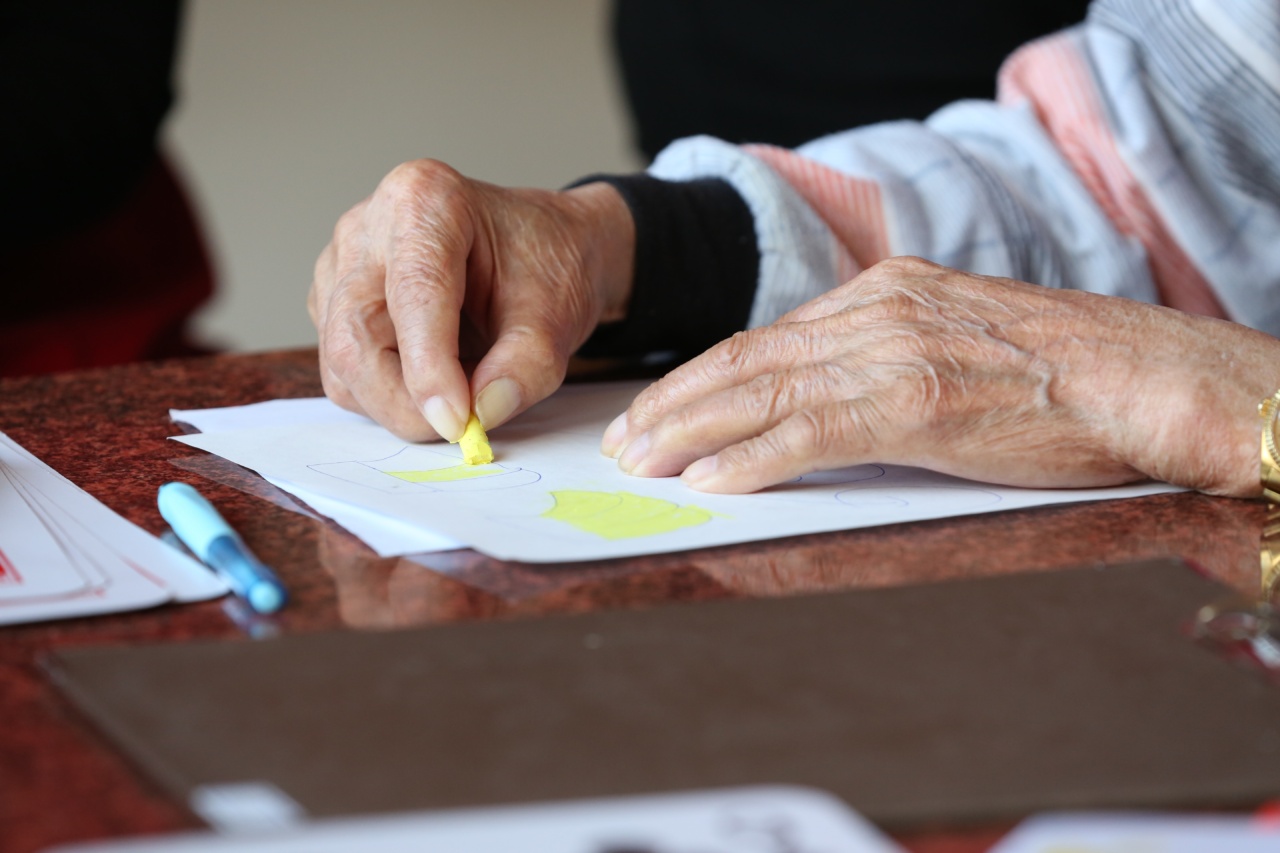Huntington’s disease (HD) is a genetic disorder that affects the brain. It is caused by a mutation in the huntingtin gene, which is responsible for the production of a protein called huntingtin.
The mutated gene produces an abnormal form of huntingtin that accumulates in the brain, leading to the progressive loss of brain cells.
Symptoms of Huntington’s Disease
The symptoms of HD usually appear between the ages of 30 and 50, although they can appear at any age. The first symptoms are usually subtle and may include difficulty concentrating, memory problems, and mood swings.
As the disease progresses, the symptoms become more severe and may include:.
- Involuntary jerking or writhing movements (chorea)
- Difficulty speaking or swallowing
- Muscle rigidity
- Difficulty with fine motor skills, such as buttoning clothes
- Balance problems and falls
Diagnosing Huntington’s Disease
Diagnosing HD can be difficult because the symptoms may be similar to those of other conditions, such as Parkinson’s disease. The diagnosis is usually based on a person’s medical history, physical examination, and genetic testing.
Genetic testing can confirm the presence of the huntingtin gene mutation.
Treatment for Huntington’s Disease
There is currently no cure for HD, and treatment aims to manage the symptoms. Medications can be used to control the involuntary movements and reduce the psychiatric symptoms.
Physical therapy can help with balance and coordination, and speech therapy can help with communication problems.
Rheumatoid Arthritis
Rheumatoid arthritis (RA) is a chronic autoimmune disorder that primarily affects the joints. It is characterized by inflammation of the joint lining, which can lead to pain, stiffness, and swelling.
The inflammation can also damage the cartilage and bone, which can result in deformity and disability.
The Link Between Huntington’s Disease and Rheumatoid Arthritis
Although HD and RA are two very different conditions, there is a link between the two. Recent studies have shown that people with HD may have an increased risk of developing RA.
One study found that the prevalence of RA was higher among HD patients than in the general population.
The Connection Between HD and RA
The connection between HD and RA is not yet fully understood, but it is thought to be related to the immune system. In both conditions, the immune system plays a role in the disease process.
In HD, the mutated huntingtin protein can activate the immune system, leading to inflammation and cell death. In RA, the immune system attacks the joints, causing inflammation and damage.
Treatment for Rheumatoid Arthritis
The goal of treatment for RA is to reduce inflammation, relieve pain, and prevent joint damage.
Medications, such as nonsteroidal anti-inflammatory drugs (NSAIDs) and disease-modifying antirheumatic drugs (DMARDs), are commonly used to manage the symptoms. In severe cases, surgery may be necessary to repair or replace damaged joints.
Conclusion
Huntington’s disease and rheumatoid arthritis are two different conditions, but they share some similarities. People with HD may have an increased risk of developing RA, likely due to the immune system’s involvement in both conditions.
Although there is no cure for either condition, treatment can help manage the symptoms and improve quality of life.






























